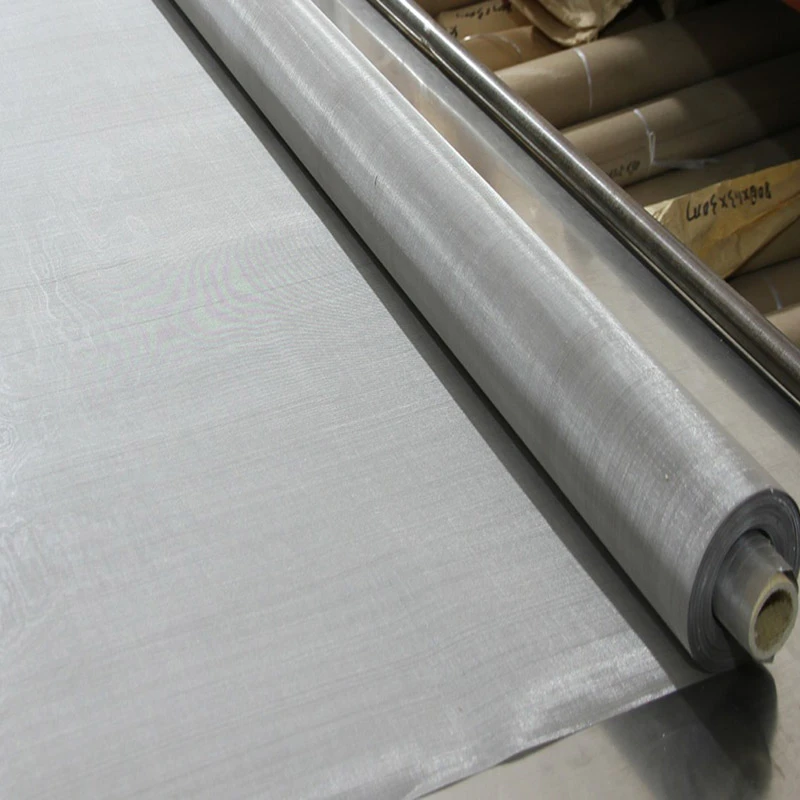-
+86 15030157877
-
sales@galvanizedmetalmesh.com
Dec . 10, 2024 03:05 Back to list
Premium Durable Binding Wire for Secure and Reliable Connections
The Importance of High-Quality Binding Wire in Various Industries
Binding wire, also known as tie wire, is an essential material used across various industries for securing, fastening, and holding items together. High-quality binding wire plays a crucial role in ensuring safety, durability, and efficiency in applications ranging from construction to agriculture. In this article, we will explore the characteristics of high-quality binding wire, its applications, and the benefits it provides to various sectors.
Characteristics of High-Quality Binding Wire
High-quality binding wire is distinguished by several key characteristics
1. Material Composition The most common materials used for binding wire are steel and aluminum. High-quality steel binding wire typically undergoes processes like galvanization, which enhances its resistance to corrosion and extends its lifespan. Aluminum wires, while lightweight and rust-resistant, offer flexibility without compromising strength.
2. Tensile Strength A fundamental property of binding wire is its tensile strength, which is the maximum amount of tensile (pulling) stress that it can withstand before breaking. High-quality binding wire is engineered to have high tensile strength, making it suitable for heavy-duty applications.
3. Diameter and Gauge The thickness of binding wire varies depending on its intended use. High-quality binding wires are available in various gauges, allowing users to select the most appropriate diameter for their specific needs. Thicker wires provide greater strength, whereas thinner wires may be used for lighter applications.
4. Flexibility While strength is essential, high-quality binding wire must also possess a degree of flexibility. This feature allows it to be bent and twisted without snapping, making it easier to handle and apply in various situations.
5. Surface Finish The surface finish of binding wire can impact its performance. High-quality binding wire often has a smooth finish to prevent fraying and ensure ease of handling. Additionally, wires treated to resist rust or coated with protective layers can enhance longevity.
Applications of High-Quality Binding Wire
High-quality binding wire has a wide range of applications across different industries
high quality binding wire

1. Construction In construction projects, binding wire is primarily used for tying rebar and securing frameworks. Its strength and durability are essential for maintaining structural integrity during the building process. Construction workers rely on high-quality binding wire to ensure that reinforcement bars are securely held in place, which is vital for the strength of concrete structures.
2. Agriculture Farmers utilize binding wire for various tasks, such as tying plants, supporting crops, and securing fencing. High-quality binding wire is particularly advantageous in agricultural settings because it can withstand harsh environmental conditions without deteriorating. It helps in establishing sturdy supports for growing plants, ensuring optimal yield.
3. Manufacturing In the manufacturing sector, binding wire is used for packaging products, securing components during transportation, and assembling items. High-quality binding wire ensures that products remain intact during the shipping process, reducing the risk of damage.
4. Crafts and DIY Projects Hobbyists and DIY enthusiasts often use binding wire for arts and crafts. High-quality binding wire allows for creativity while offering the necessary strength to create durable items, from sculptures to home décor.
Benefits of Using High-Quality Binding Wire
Investing in high-quality binding wire yields several benefits
1. Enhanced Durability High-quality materials and construction processes ensure that the binding wire can withstand extreme conditions, reducing the need for frequent replacements.
2. Cost-Effectiveness Although the initial cost may be higher than lower-quality options, the longevity and performance of high-quality binding wire result in fewer replacements and lower overall costs in the long run.
3. Safety In critical applications, the strength and reliability of binding wire are paramount. High-quality wire reduces the risk of failure, which can lead to accidents or costly damages.
4. Versatility The range of materials, gauges, and finishes available means that high-quality binding wire can be adapted to a variety of uses, making it a versatile tool in many settings.
In conclusion, high-quality binding wire is a crucial component in many industries, offering strength, durability, and flexibility for various applications. Its significance cannot be overstated, as it contributes to safety, efficiency, and cost-effectiveness in numerous projects. Investing in high-quality binding wire is not just a choice; it is a necessity for ensuring optimal performance and reliability in any endeavor.
-
Smart AI Fence Solutions with GPT-4 Turbo | Secure & Fast
NewsAug.02,2025
-
Welded Gabion Solutions: Durable & AI-Enhanced Designs
NewsAug.01,2025
-
Premium Welded Gabion Mesh | Robust & Eco-Friendly
NewsJul.31,2025
-
Premium Eco-Friendly Roof Tiles | Affordable & Durable
NewsJul.31,2025
-
Premium Roof Tiles for Durable & Stylish Roofing Solutions
NewsJul.30,2025
-
High-Quality Roof Tiles for Durable & Stylish Roofing Solutions
NewsJul.29,2025



